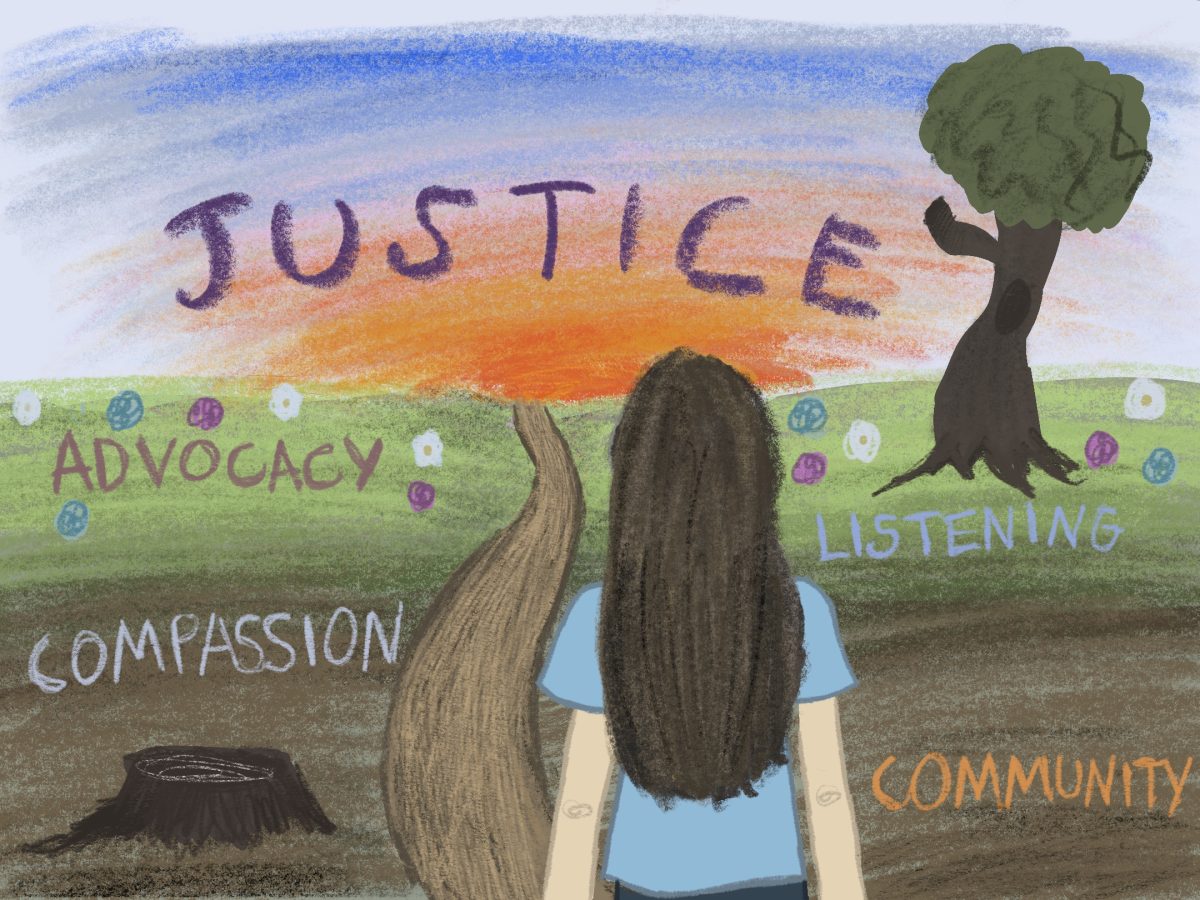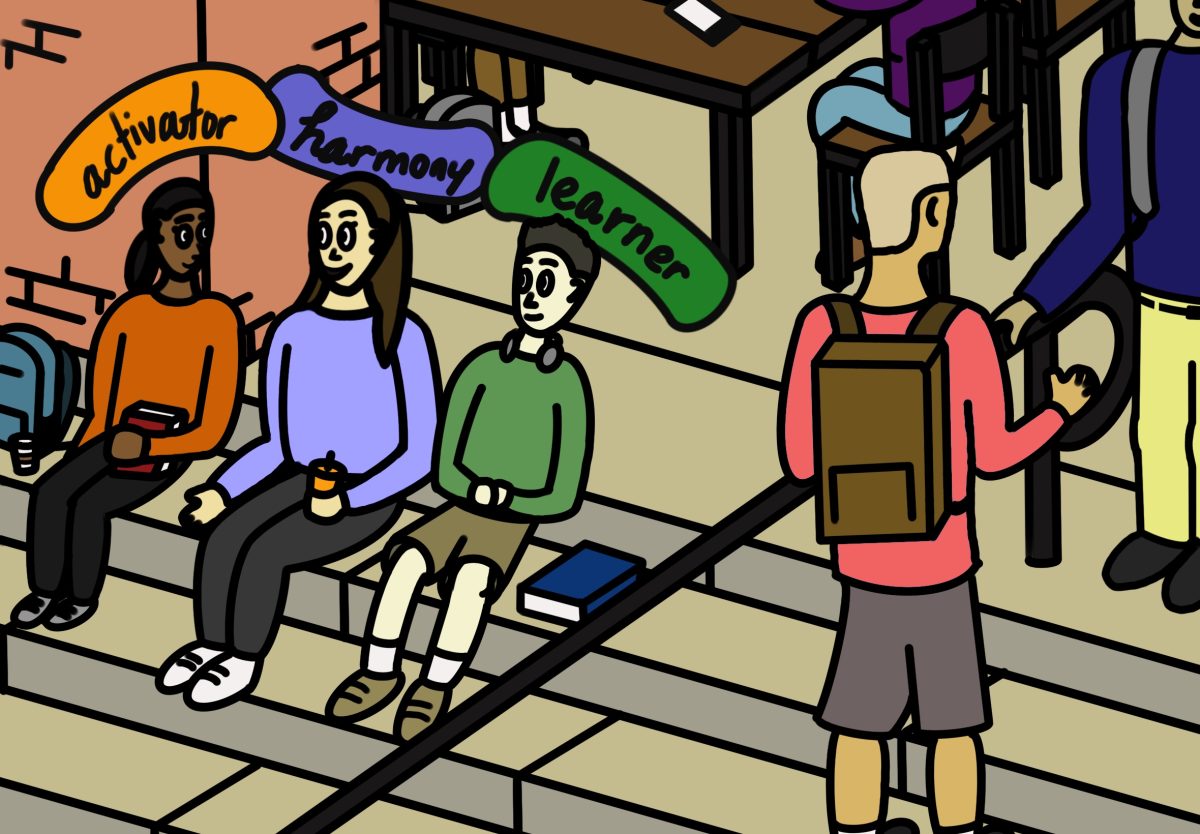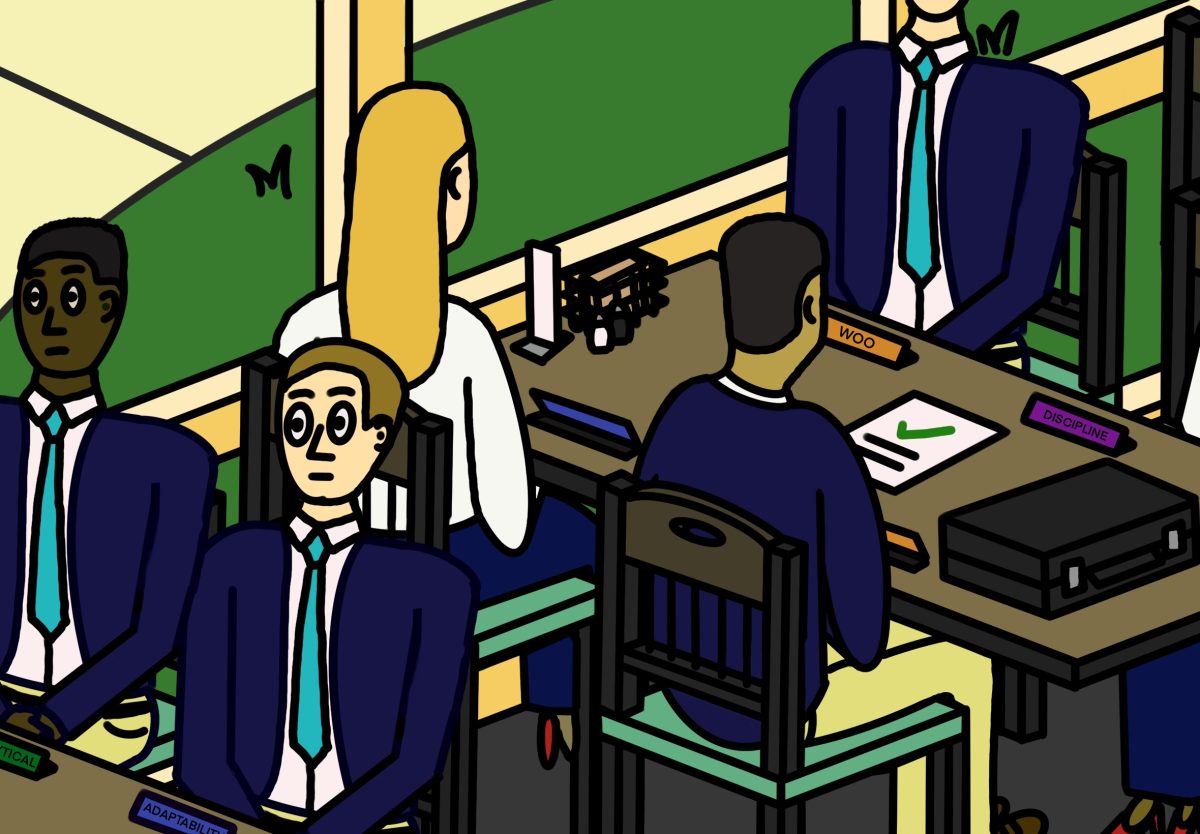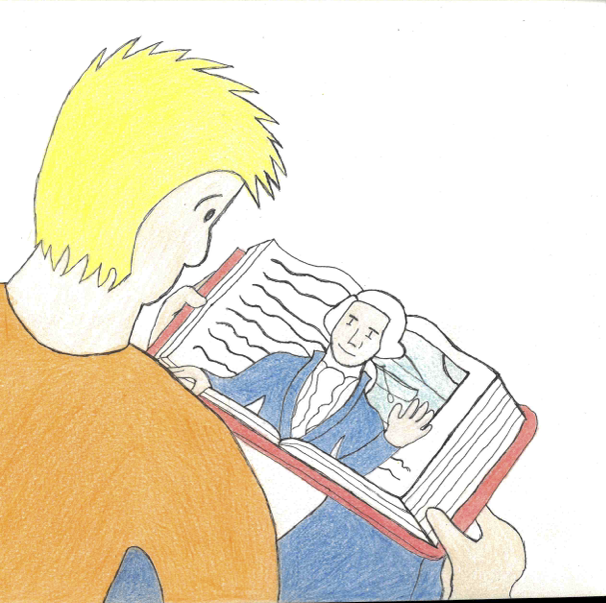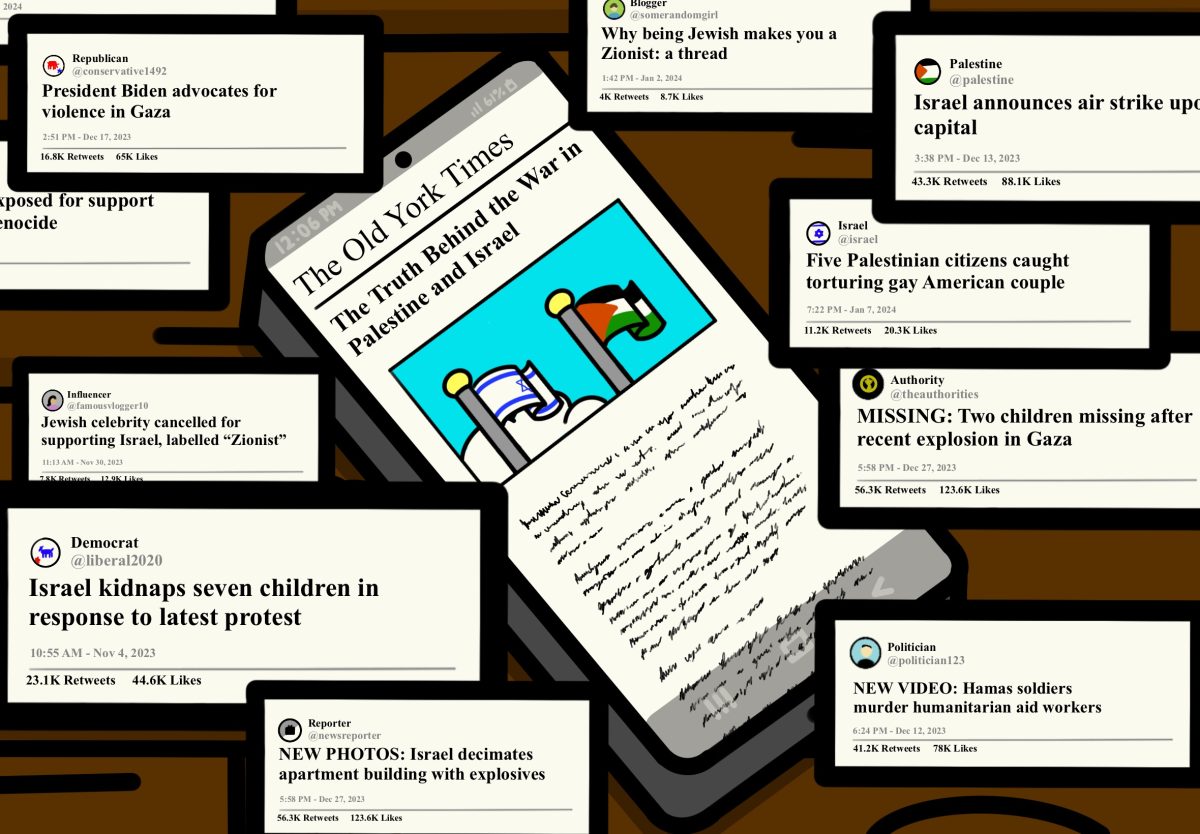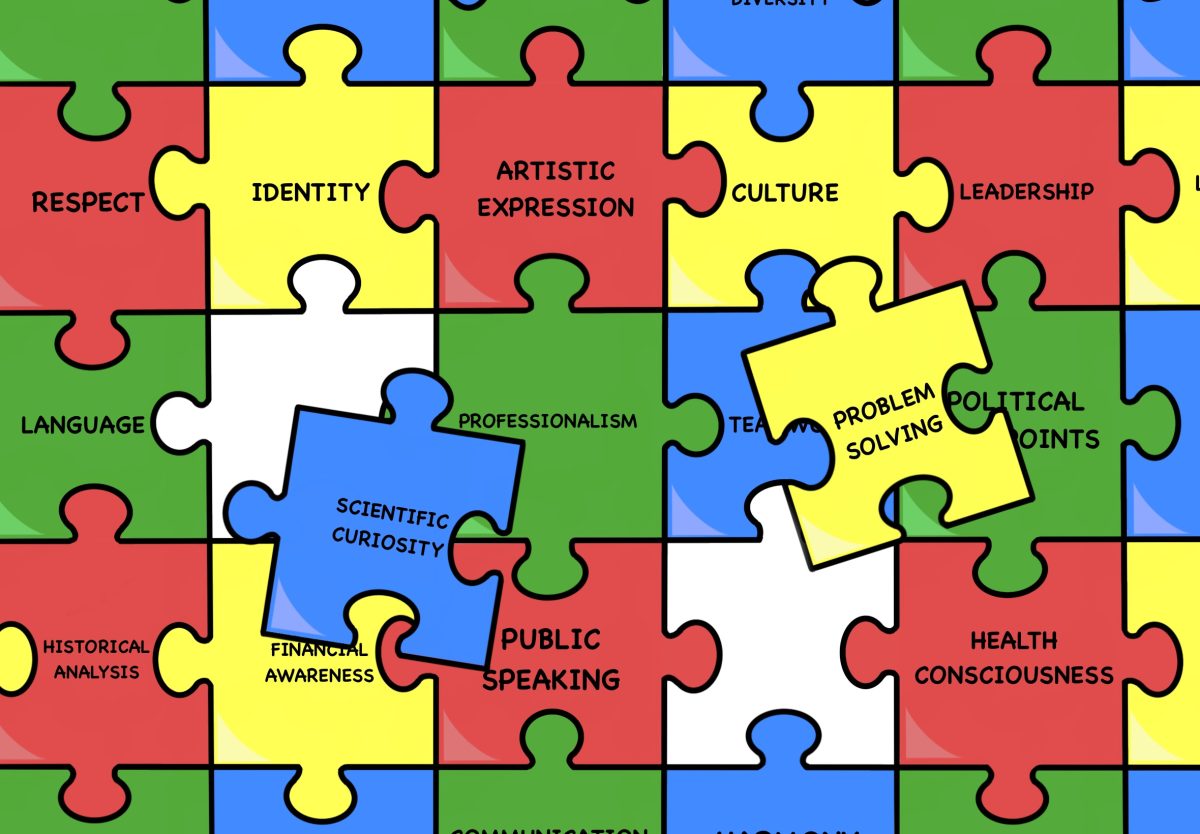Do you use Snapchat? I used to use the popular smart phone app. But after some careful thinking, I decided that it was harmful to my mental health. It may come as a surprise, but that harmless little application used to send pictures of sleeping dogs and new pairs of shoes may actually have grave consequences. I contend that it is a part of a broader embracing of social media by our generation (the Millennials) that is making us more stupid.
Snapchat places those who use it in what I like to call the perpetual present. While living in this perpetual present, one documents and shares everything one does. Everything that happens to you is documented and shared with other people, no matter how trivial. Over winter break, I watched my little brother Snapchat anything he encountered that was remotely amusing to 10 or more of his friends, every 10 minutes. The dog’s upside down on the couch? Snap that. Mom has on a funny hat? Snap that. This repeated behavior, which resembles an addiction in a lot of people I have seen, is problematic for two reasons.
The first reason is obvious: the stuff sent over Snapchat is totally frivolous, frivolous to the point of absurdity. In fact, and Snapchat-ers realize this, there is a specific irony attached to many of the pictures, which can be roughly summed up as, “It’s really stupid that I am sending this, but I am conscious of that so it’s funny.” That is not an entirely flawed premise — irony can result in good and insightful humor. But the immediate, omnipresent availability of Snapchat raises this ironic stupidity to a nauseating level.
The second problem with Snapchat is deeper and more subtle. When we spend all day visually tethered to our peers, messaging back and forth constantly, we begin to lose our powers of description, our ability to identify what is significant or valuable and communicate it to others. We should not underestimate the importance of being able to look back on one’s day and structure the events that it contained into a story that we can then relay to someone else. Indeed, it can even be a source of amusement, something people call storytelling. When your peers have already received your day in bite-size pictures every hour or so, there is often little need to relay what has happened in a description or story. With applications like Snapchat, we live in a perpetual present with our friends that stultifies our ability to reflect on and analyze things critically.
You may be thinking in response to all this, “So what? Snapchat is harmless. This guy is taking things too seriously.” Perhaps I am taking this too seriously. Perhaps my peers know how to balance some occasional fun on Snapchat with mature upkeep of their vital descriptive faculties, offsetting pleasant, distracting frivolity with substantive discussion. But perhaps it could be that Snapchat is merely the tip of the proverbial iceberg, its success an ill omen pointing toward an overconnected future in which people lose the ability to think critically or discerningly about the past in any significant way. Personally, I see more in this social and virtual interconnectedness to confirm this gloomy fate than to dispel it.




























